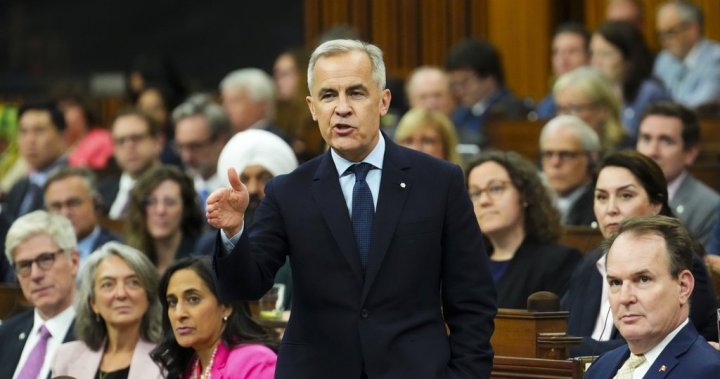In an unexpected collision between health advocacy and economic policy, the Canadian Cancer Society has raised significant concerns about Mark Carney’s proposed internal trade bill, warning it could undermine crucial health regulations and tobacco control measures across the country. The Society’s intervention comes at a critical moment as Carney, the former Bank of Canada governor and UN climate envoy, positions himself for a potential Liberal leadership run.
The controversy centers on Carney’s recommendation to establish an “economic charter” through the Canadian Free Trade Agreement—a proposal that health advocates fear could prioritize corporate interests over public health protections. According to internal documents obtained through access to information requests, the Cancer Society has identified serious risks to provincial authority over health regulations.
“The proposed amendments would create a dangerous precedent by allowing businesses to challenge legitimate health measures through binding arbitration,” said Rob Cunningham, senior policy analyst with the Canadian Cancer Society. “We’ve seen how similar provisions in international trade agreements have been weaponized by tobacco companies to fight life-saving regulations.”
At issue is how the bill could potentially limit provinces’ ability to implement stricter health regulations than those established at the federal level. Public health experts point to successful provincial initiatives like British Columbia’s pioneering plain packaging rules for tobacco products—measures that exceeded federal standards and later became the model for national legislation.
The Cancer Society’s concerns highlight the delicate balance between promoting internal trade and preserving regulatory flexibility for public health. In a comprehensive analysis released last week, the organization warned that forcing regulatory harmonization across provinces could effectively create a “race to the bottom” for health standards.
When reached for comment, Carney’s office emphasized that the proposal aims to reduce trade barriers that fragment Canada’s economy, noting that thoughtful exceptions for public health could be incorporated. “This is about making Canada more competitive while ensuring appropriate safeguards remain in place,” a spokesperson stated.
However, health policy experts remain skeptical. Dr. Eleanor Thomson, professor of public health policy at the University of Toronto, told CO24 that “the devil is always in the details with these economic agreements. Once corporate interests gain the right to challenge regulations through binding arbitration, we often see a chilling effect on new health measures, even when exceptions exist on paper.”
The debate reflects broader tensions in Canadian politics between economic liberalization and maintaining robust regulatory frameworks. Similar concerns arose during negotiations for international trade agreements like CETA and the USMCA, where health advocates fought to protect Canada’s regulatory sovereignty.
For Carney, who has been carefully positioning himself as a business-friendly progressive ahead of a potential Liberal leadership bid, the Cancer Society’s opposition presents a political challenge. Political analysts suggest it could complicate his efforts to build a broad coalition of support spanning both the business community and social policy advocates.
The Liberal government has not yet formally endorsed Carney’s proposals, with Industry Minister François-Philippe Champagne indicating that the government is “carefully reviewing all aspects” of internal trade reform. Sources within government suggest the Cancer Society’s intervention has prompted renewed scrutiny of the proposal’s health implications.
As this debate unfolds amid growing concerns about healthcare capacity and rising cancer rates in Canada, a fundamental question emerges: in our pursuit of economic efficiency, are we prepared to risk the regulatory tools that protect Canadians’ health and well-being?


















